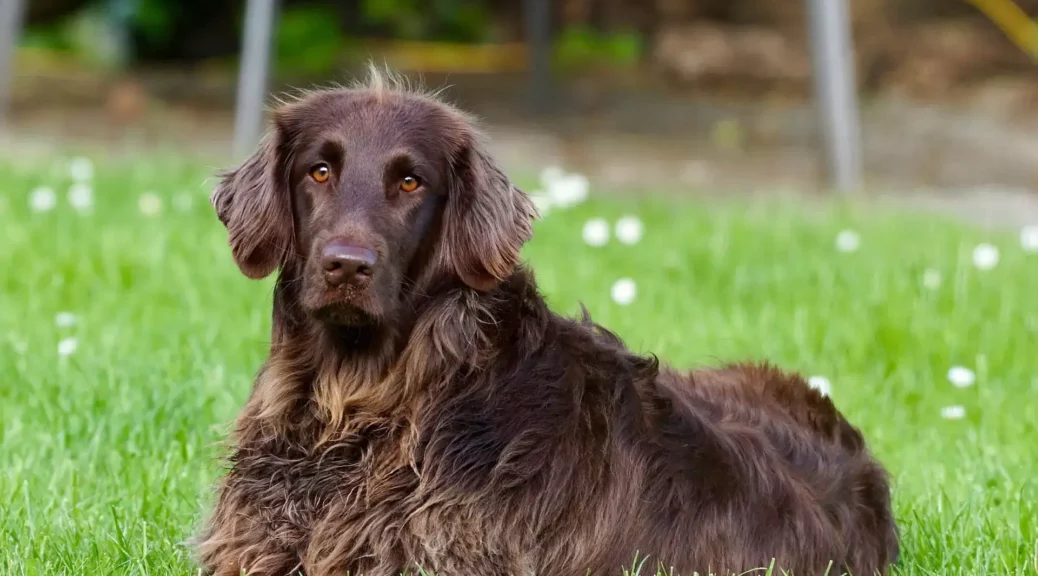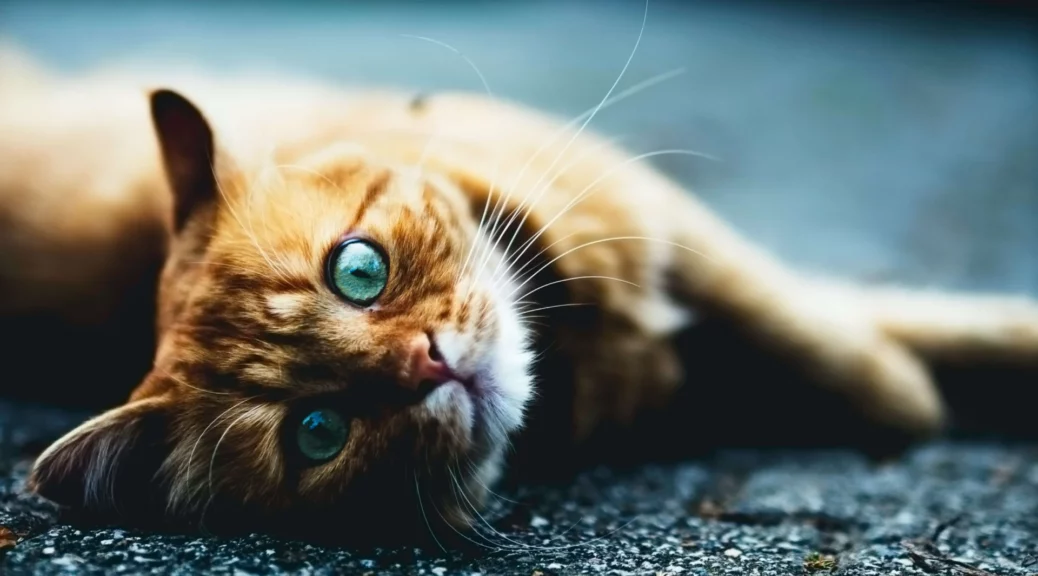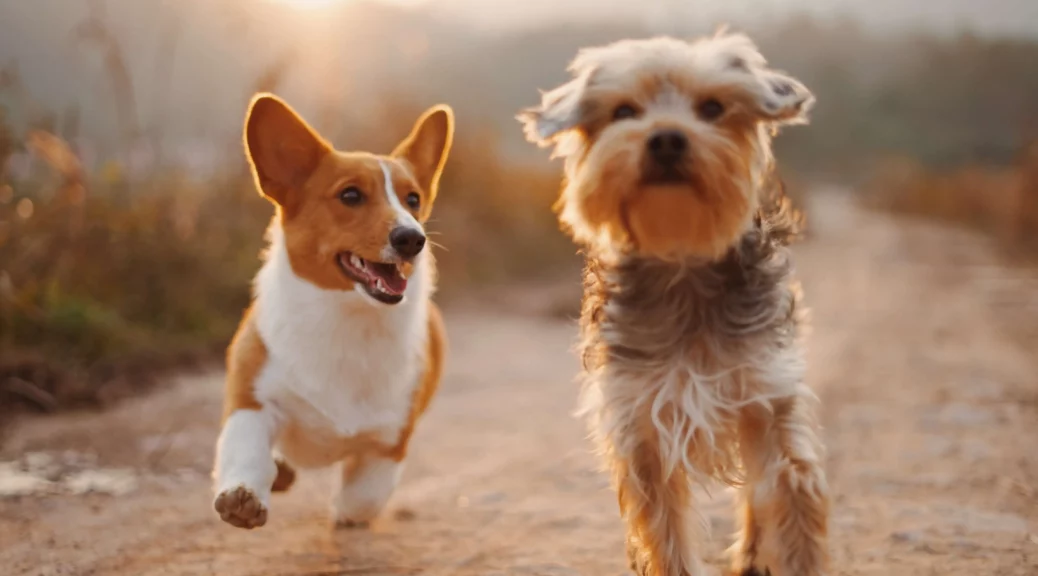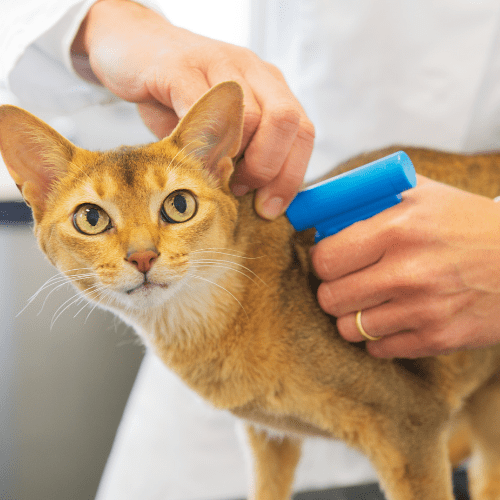Halloween is now the second biggest holiday of the year here in America. Candy, costumes, and horror movies are more popular than ever! The autumn holiday can be rough on our furry pals, though. It’s particularly different for pets that are timid or anxious. A local Roanoke, VA vet offers some advice on helping Fido and Fluffy cope in this article.
Parties
Are you planning on having people over? Pets with anxiety often get very frightened when strangers show up. Costumed trick or treaters can also frighten Fido and Fluffy. Consider setting your fuzzy friend up in a quiet back room with treats, toys, and comfy bedding. Leave a light and radio on to provide stimulation and background noise. Crates and kitty condos may also come in handy, as they provide secure spots for pets to retreat to.
Decorations
Keep your little buddy in mind as you’re decorating. Fido and Fluffy may be quite frightened of that talking skeleton or the singing Frankenstein on the porch! Let dogs sniff any large items and things that move or make noise. Hopefully, he’ll get used to it in time.
Safety
There may be increased traffic over the next few weeks. Nervous pets might get agitated by pedestrians passing by in costume. If you have a yard for your pooch to hang out in, you may need to limit Fido’s outdoor time. Bring him in before dark, and keep him on a sturdy leash during walks. As for Fluffy, keep her safe and sound inside. You’ll also want to consider your furry buddy when decorating. Small or sharp objects, items with strings or cords, candles, and candies are all unsafe for our four-legged companions.
Costumes
It can be cute seeing dogs dressed up in little outfits. Fido makes a super cute Tootsie Roll! However, this isn’t a great option for timid pets. Opt for something smaller, like a bow tie or bandana.
General
There are also some general rules that apply to caring for nervous pets in general. First and foremost? Make sure that Fido and Fluffy have lots of toys. Your furry friend will be calmer after taking their angst out on a small stuffed animal or chasing that laser pointer. Keeping your anxious pet on a steady routine can also be very helpful here. Calming products, such as pheromones, may soothe your nervous pal. In some cases, training and/or medication may help. Ask your vet for specific advice.
Do you have questions about your pet’s health or care? Contact us, your local Roanoke, VA animal hospital, anytime!












